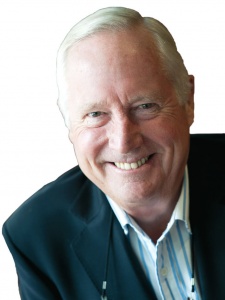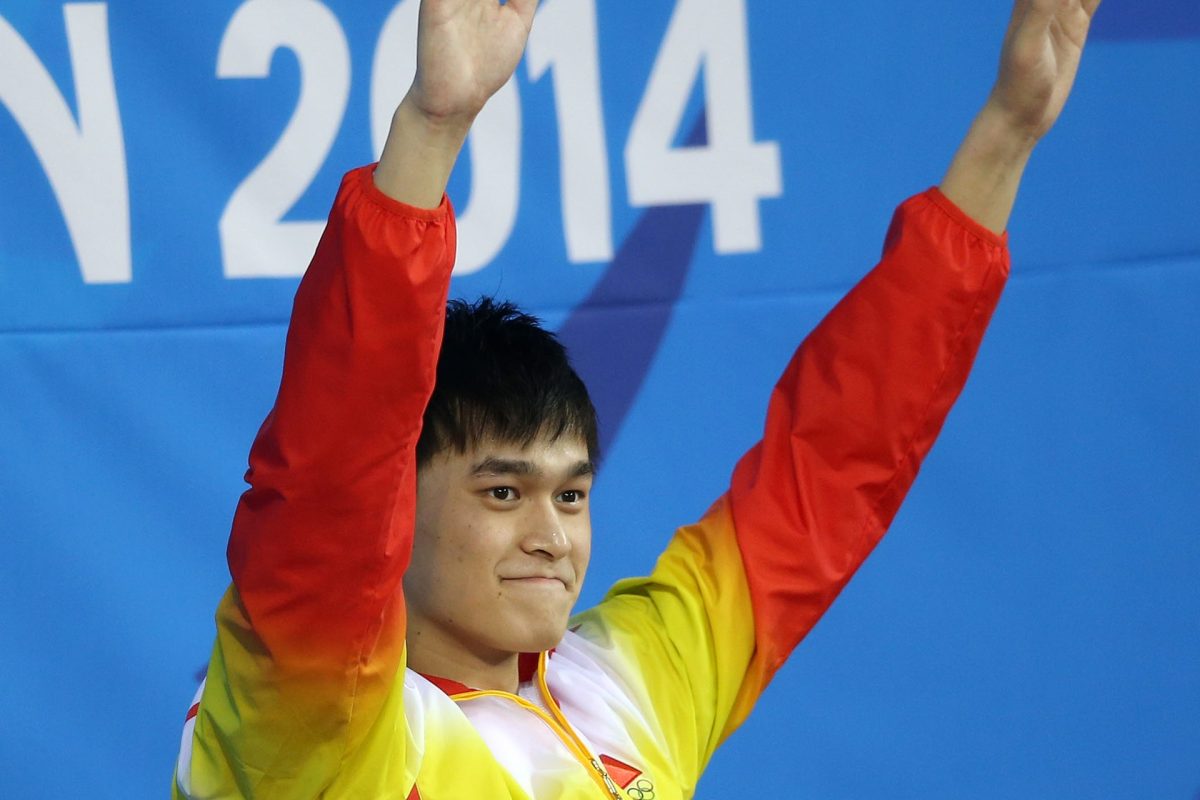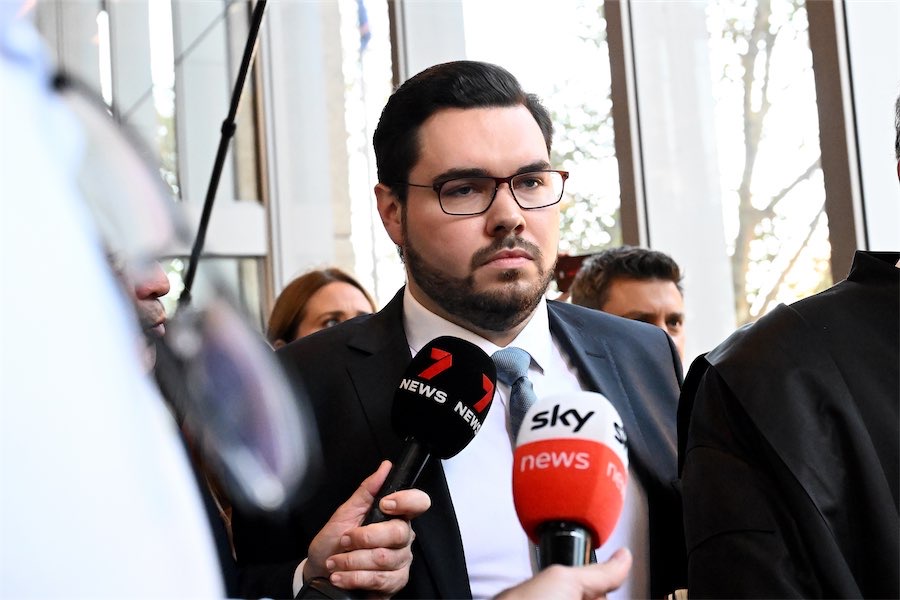
“I had no idea of what I was about to experience at Uluru, much less the change that would be wrought on my perception of our nation. For Uluru is a magical place where the laws of nature seem to have given way to a dreamtime enchantment,” writes Gadfly columnist ROBERT MACKLIN
FOR years I’d wanted to visit the red heart of our continent to see for myself that enormous monolith we now call Uluru.

I thought of it as a symbol of the antiquity of our country and perhaps of the first Australians in their 60,000 years of occupation. And since I was about to embark on a book tour publicising my latest work that deals with our Aboriginal and colonial history, I figured now was the time.
The book is “Castaway”, the true story of the 14-year-old French cabin boy Narcisse Pelletier who in 1858 was abandoned by his captain on a far-north Queensland beach. And there he would have perished were it not for the “Night Island” Aboriginal people who took him in.
He became part of their tribe for the next 17 years until grabbed by a group of British sailors in 1875, forced into their ship and subsequently returned to his French village.
In the book I recreate those 17 years, based on the field notes of our greatest anthropologist, Donald Thomson, who lived with the Night Islanders for some months before the missionaries arrived with their bibles and the mounted police with their genocidal guns. For those 17 years saw the worst of the frontier war in Queensland’s hidden history.
Naturally, I spent time in the area and with the people. I made some good friends there in that special place above the Daintree. And I became convinced that until we make acknowledgement of our shocking colonial past in the form of a treaty with the First Australians we could never truly claim ownership of this great southern land.
But I had no idea of what I was about to experience at Uluru, much less the change that would be wrought on my perception of our nation. For Uluru is a magical place where the laws of nature seem to have given way to a dreamtime enchantment as the watchers from around the world gather on the gentle slopes perhaps three kilometres from The Rock.
It is evening and the sun behind us is dipping low. Silence is the coda of the red centre and in the creeping darkness it has a presence. It is not just the absence of sound, it is an entity, the silence that comes of space itself, the orchestral silence in that moment after the conductor taps the baton and raises his arms…
The rock is slumped in its classic pose on the red sand like the giant shoulders of an ancient man, and the dying light reflects a beaten and distorted head held between them, the bulbous Aboriginal nose unmistakable, and one eye socket, camera left, twisted and tortured; on the other no eye at all, only smooth space where the eye should be. And all around the features are the wrinkled lines of age, worn and beaten by wind and rain over untold millennia.
It is unmoving but it seems to say all we need to know about the suffering and the endurance of those First Australians. And during that mystical time of sunset, there’s a very long moment when it glows from within and around the base a golden luminescence appears, rising from below as though discharging the day’s heat and power in a single beat of the force within.
Around us, the international tourists are opening bottles of champagne, as though they need the penumbra of alcohol to filter the power in it before it reaches their cortex. They are crossing one item off their bucket list.
For Australians it is something very different. And in the morning as we made our way around the base and heard the tales of the dreamtime and felt the massive power of it, I realised it is our Mecca, our Jerusalem, the ancient heart of the land we call home. Our place of pilgrimage.
Who can be trusted?
In a world of spin and confusion, there’s never been a more important time to support independent journalism in Canberra.
If you trust our work online and want to enforce the power of independent voices, I invite you to make a small contribution.
Every dollar of support is invested back into our journalism to help keep citynews.com.au strong and free.
Thank you,
Ian Meikle, editor




Leave a Reply